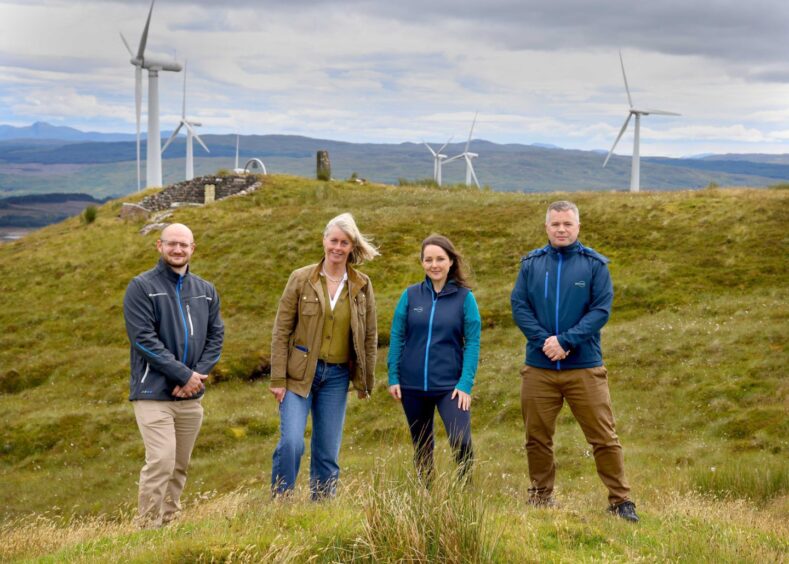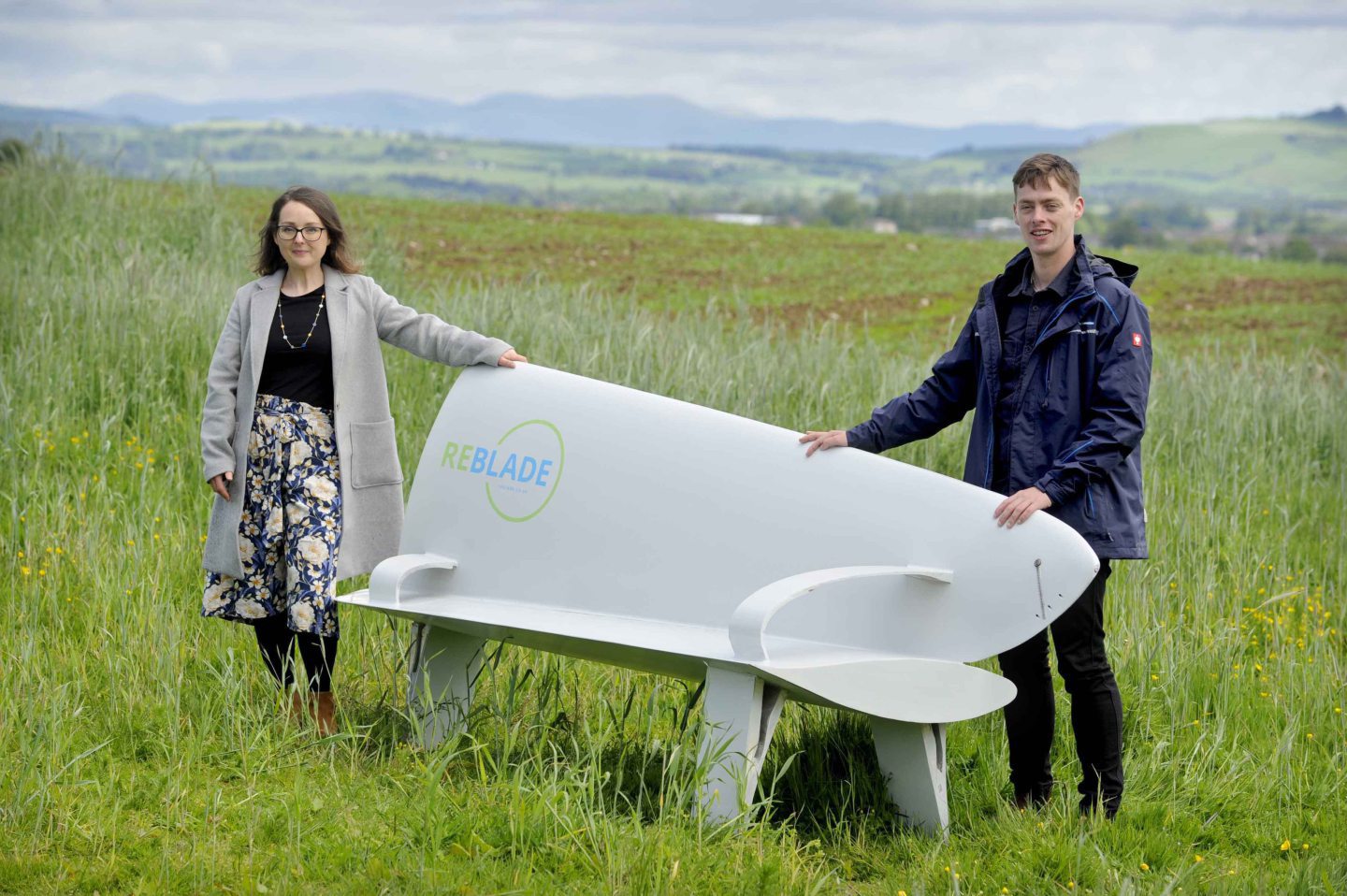
Independent power producer Nadara has launched a Sustainable Decommissioning Strategy for its Beinn Ghlas Wind Farm, developed in partnership with specialist wind turbine decommissioning service Reblade.
The strategy will help support the application to repower the Beinn Ghlas wind farm, exploring circular destinations for the decommissioned material that will be removed from the site.
It covers circularity, creating more sustainable supply chains and enhancing socio-economic benefits during the decommissioning process.
The project, located in Argyll is one the oldest wind farms in the UK, having begun operations in May 1999.
The 25-year-old site comprises 14 Bonus (B44/600) wind turbines, providing an overall capacity of 8.4MW.
Nadara expects to submit an application for consent to replace the existing turbines with new, larger and more efficient turbines, substantially increasing the generating capacity of the site.
Beinn Ghlas Wind Farm Repowering project manager Joanna Thornton said: “The strategy provides an incredibly exciting opportunity to maximise the socio-economic benefits of the decommissioning process to the local economy.”
Nadara head of development Azahar Gomez added: “We are thrilled to launch this important strategy together with our trusted partner, Reblade, which signals our commitment to sustainable practices throughout the lifecycle of our wind farms.
“With over 30 years of experience following the recent merger of Ventient Energy and Renantis, we are confident in our ability to lead on new and innovative practices that enhance the reuse, repurpose and recycle network and add sustainable value across the supply chain.”
Wind turbine recycling
Wind turbine blades in particular have proved notoriously difficult to recycle and repurpose. Many are ultimately relegated to landfills.
Reblade has previously signed a deal to work with Fred Olsen Renewables to turn old blades into a variety of objects including bus stops or dining tables.
Reblade managing director Fiona Lindsay said: “As the first strategy of its kind in the UK, this initiative not only highlights Nadara’s forward-thinking approach but it also serves as an inspiring model for others in the industry to follow.
“As the onshore wind industry begins decommissioning the first generation of wind farms at scale, it is essential that leading companies take a proactive and responsible approach to material handling at every stage. We are delighted to be partnering with Nadara to develop this important piece of work and we look forward to seeing this approach become more commonplace in our industry.”
Recommended for you


 © Supplied by Colin Hattersley Pho
© Supplied by Colin Hattersley Pho